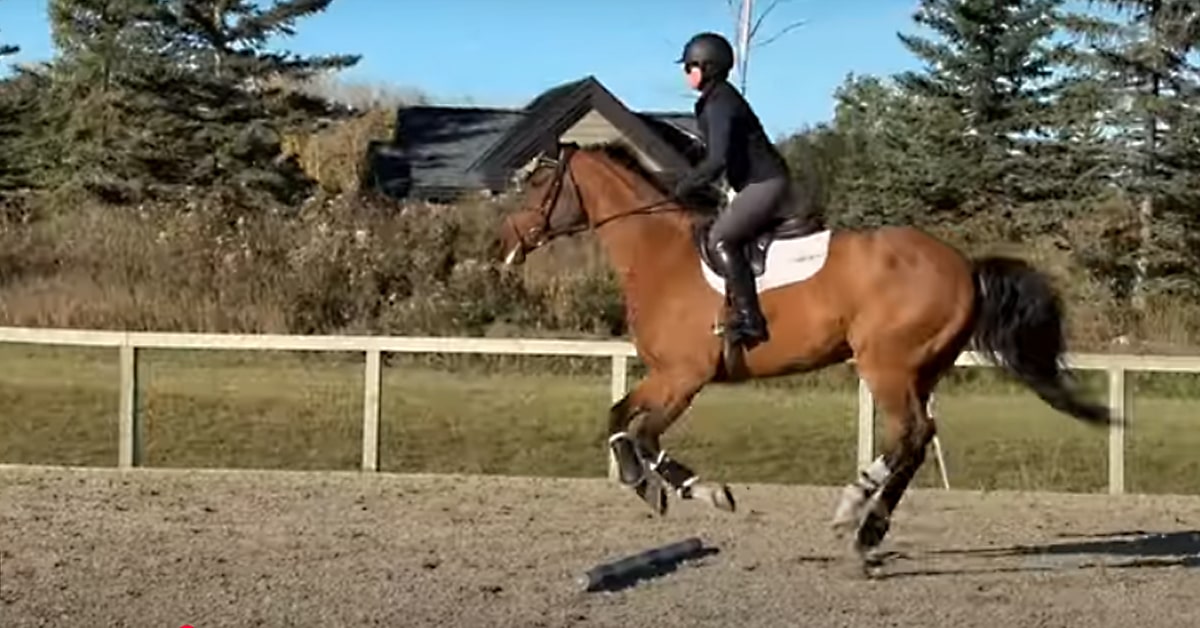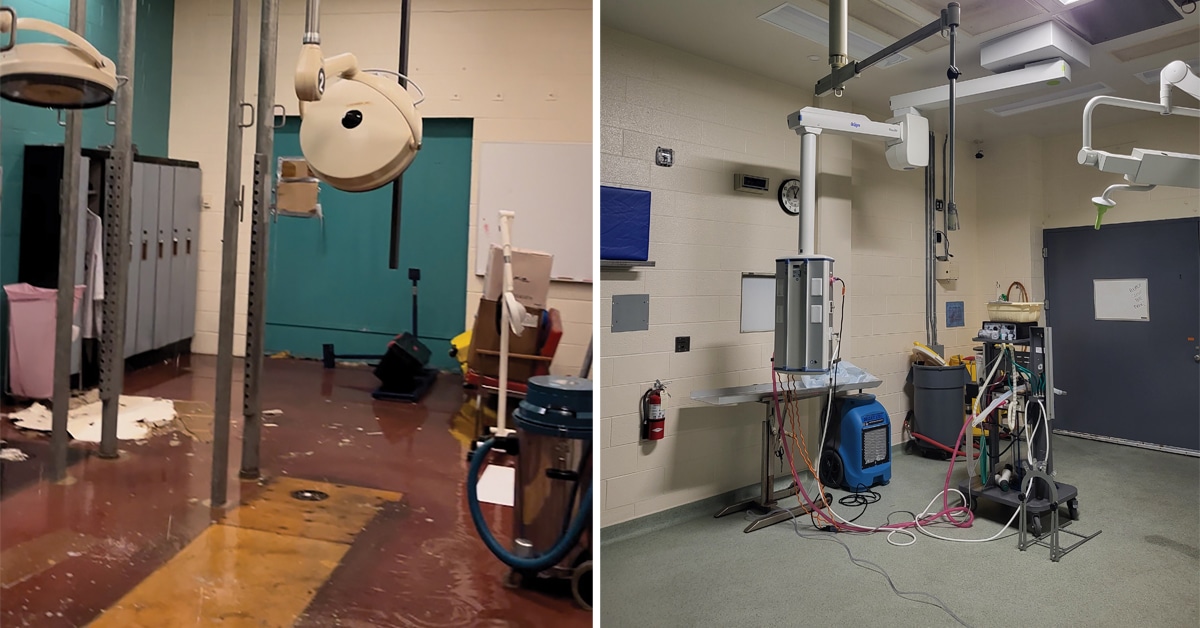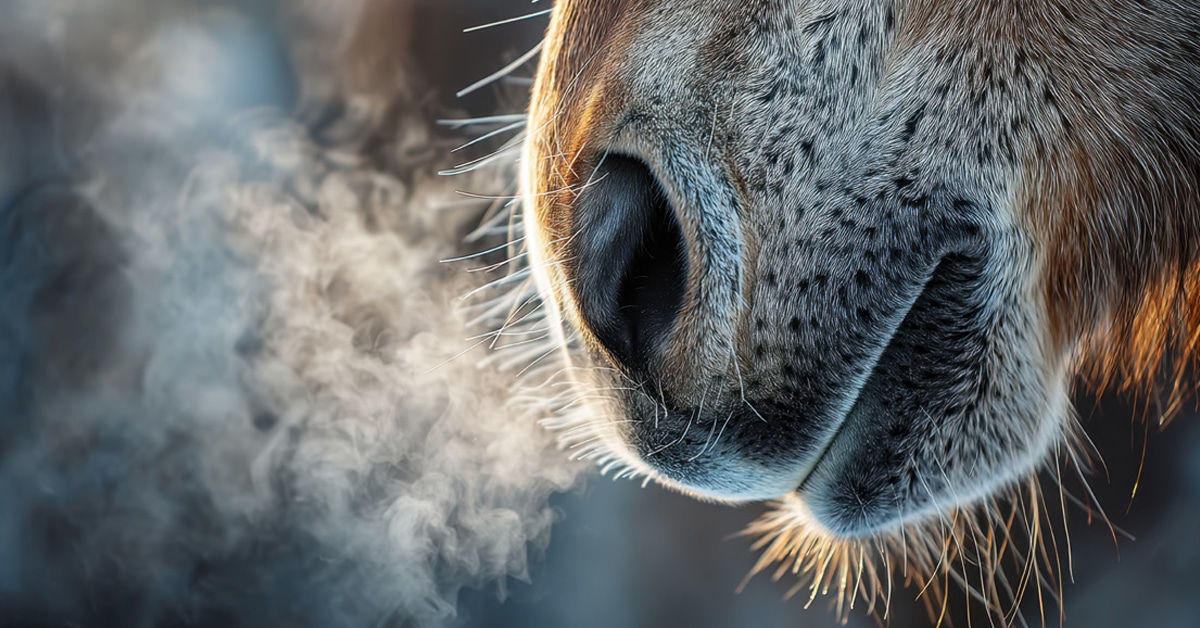When Ashley Gowanlock began her journey toward the 2008 Paralympics in Hong Kong, she was in a relatively new partnership with a leased horse, a black Hanoverian gelding named Donny Maskell, owned by Sandy Mitchell. At the same time, Canada’s Para-Dressage Team coach, Andrea Taylor, was preparing for the biggest moment of her coaching career just one year into her role – leading the Paralympic Team.
Ashley has been riding for 22 years – since age two, when a physiotherapist told her parents that therapeutic riding would be good for her stretching and balance issues that were a result of cerebral palsy. Riding for therapeutic purposes eventually became an athletic pursuit; Ashley has been on Canada’s Para-Dressage Team on an ongoing basis ever since Hong Kong.
She has had a number of coaches over the years, all of whom have contributed to the rider she is today. “I think every coach takes a different approach to your horse and to the partnership,” says Ashley. “Each coach you come into contact with reveals different facets of yourself. Every coach I’ve had has enriched my riding. I always found something to add to my list of tools.”
A unique aspect of Para-Dressage is that, except in the case of the most able-bodied riders, the coach warms up the horse for the athlete at competitions, which creates an intimate three-way partnership among coach, rider and horse. As the 2010 Alltech FEI World Equestrian Games drew nearer, Ashley decided to make Andrea her full-time coach. Logistics were easy, since both of them are located in BC’s Lower Mainland. Having an ongoing relationship with Andrea was an opportunity for the team of Ashley, Andrea and “Donny” to develop a strategy that would give Ashley the greatest chance of success. “Andrea is an amazing rider,” says Ashley. “Whenever someone else rides Donny, I feel a difference in him when I get back on. Sometimes another rider would open a can of worms, and then I would have to deal with it.” Ashley felt a positive change in Donny within weeks of working with Andrea. Donny is a spooky horse, and he takes advantage of Ashley’s weaker left side when he wants to evade work. “We made a pact that both of us would expect a certain standard with Donny,” says Ashley. “Andrea is very clear, and she makes it happen. When I tell Donny to go, he goes, and when I ask him to come back, he comes back.” The clarity has helped to channel Donny’s waywardness, and Ashley has developed confidence in her ability to ride through problems, including the spooking.
At WEG, Andrea warmed Donny up for Ashley, whose strong results helped the Canadian team finish ninth. “Because she had already been riding Donny, she knew his buttons and how far she could push him,” says Ashley. “She understood where the threshold is, where the can of worms is hiding, and when Donny is having a black-gelding-up-your-nose day.” At the recent Dressage Affaire CPEDI3* in California, where Ashley was a member of the winning Canadian team, her relationship with Andrea expanded to that of travel buddy and room-mate.
“It’s not just a coach-and-rider relationship anymore,” says Ashley. “She did my hair, she picked me up when I fell down, and we discovered we have the same sense of humour.”
Ashley’s competitive results reflect that both athlete and coach have become comfortable in their roles. “When Andrea first became the team coach, I could tell she was a bit unsure of what it meant to coach us,” says Ashley. “I think she wondered if she should change her teaching style, shorten the lessons, or be careful of what she said and did. But now, she really owns the role as National Coach.” Andrea now teaches Ashley as if she were any other rider – not someone who arrives on crutches and needs assistance mounting. “If I ride a 20-metre circle that stinks, Andrea says “that circle stinks.” She honestly wants me to be successful, and wants the partnership with my horse to be successful.” Ashley values Andrea’s openness and honesty as much as her skill as a coach; the friendship they share is just the icing on the cake.
The Latest









